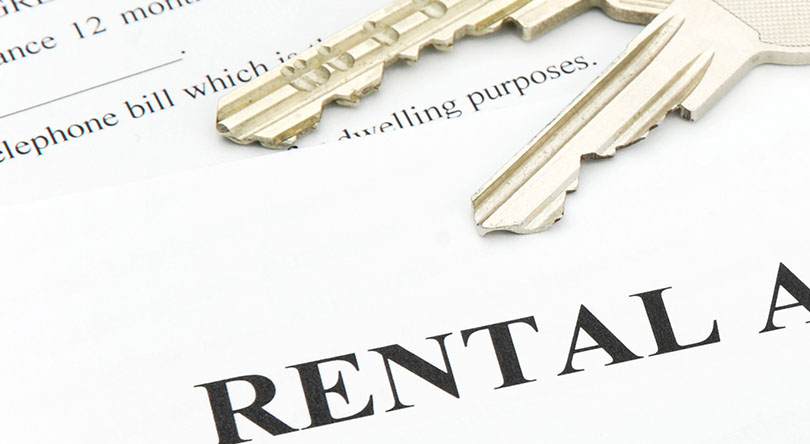Recent statistics gathered by Lamudi Ghana shows over 70% of people living in different properties are looking to move into new ones for various reasons. One of such reasons includes the fact that some are experiencing issues with property owners, therefore it is crucial to be armed with guidelines before signing tenancy agreement.
Anyone renting or occupying a property for a period of time is known as a tenant. In Ghana, there are rules/laws that regulate tenancy. These laws or agreements are provided by the landlord signed by the tenant binding the occupancy of the tenant in a particular property.
The tenancy agreement should include:
– Who the property is being leased to
– The property address
– The rental cost
– The duration of the tenancy
– The obligations of the landlord and the tenants.
Every agreement related to tenancy should be in accordance with the laws of the nation. Like any other contract, the tenancy agreement should include the rules and rights, as well as the regulations of both the tenants and the landlords. The agreement should be signed by both parties, and a copy of the agreement issued to all involved.
The Rent Act (Act 220) was established in 1963, and was mandated by the Rent Control Division, as the body in charge of monitoring and establishing guidelines to manage the tenant-landlord relationship. There is also a Rent Act that regulates the eviction of tenants by landlords. The Act procures the tenant a period of time to search for accommodation while he/she is being evicted; this is normally three months.
Although a Rent Act exists, a law court can order the immediate vacation of the tenant from a premises for reasons such as the immediate need of the property for personal use by the landlord or for renovation purposes. Even in such situations, the tenant is given some time to search for accommodation.
It is also important to note that landlords can only charge six months’ rent in advance and that is according to the Rent Act of 1963. There can only be an increment in rent charges after three years and importantly,
landlords can only increase their rent after approval from the Rent Control Department but due to high demand of properties in Ghana, most of these Acts are overlooked.
When faced with issues with a landlord, the right place to go to is the Rent Control Department. Their authority include handling disagreements between tenants, landlords and any other individuals interested in a particular property and are able to provide further advice in any difficult situation.







